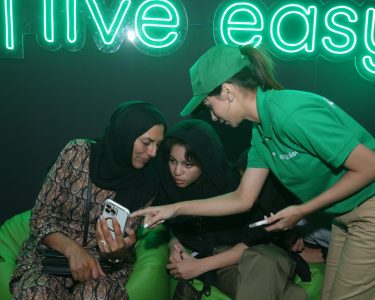Pakistani students, no matter what the circumstances of the country, no matter what resources they’re deprived of, don’t let the nation down. Every now and then a name pops up in the papers that gets the nation buzzing about how it is about the amount of effort that you put in rather than making excuses regarding the situations of the country.
Another fine example has been the team comprising of 8 talented individuals who have made the nation proud. Out of 8 finalists in the event that took place in MIT Sloan’s Wong Auditorium, team Umbulizer comprising of Boston University graduate Shaheer Paracha, MIT alumni Moiz Imam and Abdur Rahman Akkas, Harvard Medical School student Sanchay Gupta, MIT mechanical engineering student Wasay Anwer, New York University Abu Dhabi graduate Farzan Khan and Boston University student Rohan Jadeja, won the first prize of $20,000.
Must Read: BUMMED ABOUT PSL NOT COMING TO LAHORE? ATLEAST GET YOUR TICKETS REFUNDED
The low cost of the ventilator is explained by the fact that it has four key functions, which are needed in life-saving situations, whereas the traditional ventilators have 15 functions, however, these are rarely put to use.
The question now remains is that whether such a technology could be used in Pakistan, where it might be huge blessing for the majority of middle- and lower-class citizens having troubles to get their loved ones treated.According to Paracha, despite a population of over 200 million, Pakistan only has 2000 ventilators.
‘When we spoke to Pakistani doctors and hospital administrators, they expressed a need for a device that is simple to operate, capable of remote monitoring, portable, and built using locally sourced material. All of those considerations have informed our [first iteration of this machine].’
The device’s competitive advantage lies in its portability and affordability combined with traditional ventilators’ consistency and accuracy.
PAKISTANI STUDENTS MAKE THE COUNTRY PROUD: WIN MIT’S HEALTHCARE PRIZE FOR INVENTING LOW-COST VENTILATOR
The prize money, according to the winners shall be used for the current clinical trials and if it works in Pakistan, it could prove to be a very well received equipment for countries in South America, Asia and Africa.




